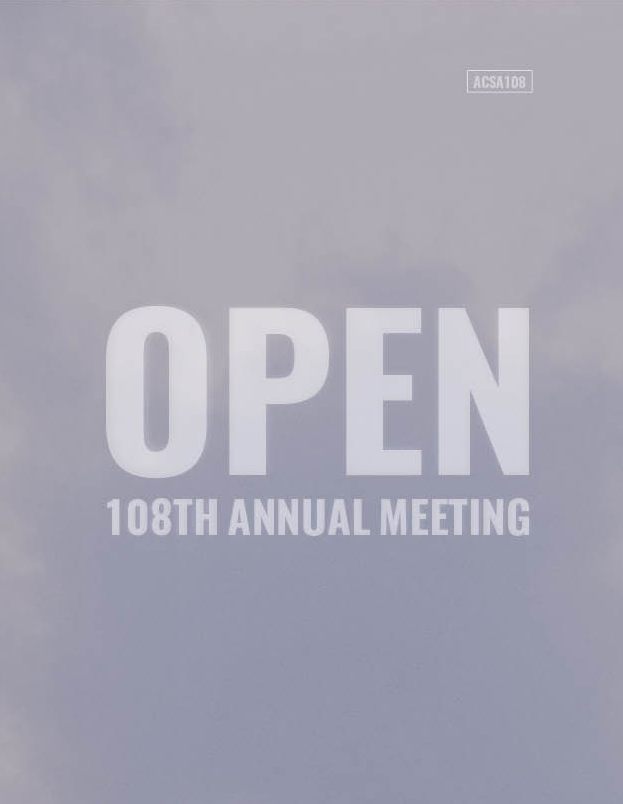Author(s): Jieqiong Wang, Mary-Ann Ray & Robert Adams
From Europe to China, while biennial infrastructure allows global curators, architects, and urban designers to use exhibition tactics for disciplinary promotion, the quick in-and- out exhibition practices nevertheless risk overlooking local complexities and differences. How does expanding forms of architectural collaborative or activism through international architecture biennales reclaim “the right to the city” and contribute to the multiplicity and heterogeneity in the city? This paper addresses this question in a Chinese context, by closely examining the 2017 Shenzhen/Hong Kong Bi-City Biennale of Architecture and Urbanism (UABB) hosted in contested urban villages. In particular, this paper investigates an exhibition/ renovation project House 17 within the main site -the Nantou Old Town. This study employs mixed research methods, including archival research, ethnographic research, and spatial analysis, to unravel the mechanisms in initiating, negotiating, and implementing of this international architectural collaborative project in the urban village. By situating the UABB and House 17 in the long history of the socio-spatial transformation of Shenzhen, this paper argues that the international UABB has expanded the capacities of the field of architecture and urban design to mobilize economic and social forces in making urban changes at a new scale. However, architect- curators’ partnership with the local government has put them in a new position that appears close to real estate developers in the process of urban renewal. The in-depth investigation into the exhibition project House 17 further reveals that local politics and complexities tend to be compromised in globalized architectural imagination and collaborative. Through the case study, this paper problematizes the globalization of architectural activism and calls for alternative design pedagogy.
https://doi.org/10.35483/ACSA.AM.108.127
Volume Editors
ISBN
978-1-944214-26-5

 Study Architecture
Study Architecture  ProPEL
ProPEL 
